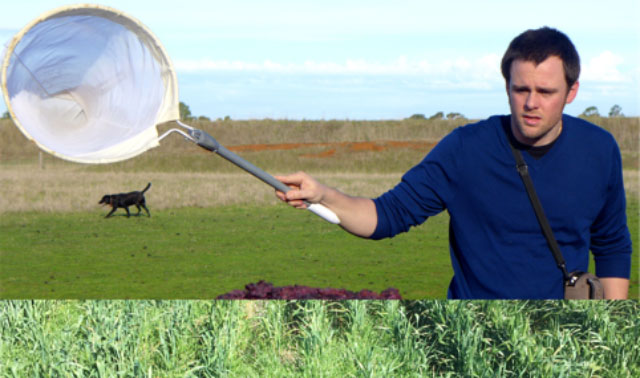How can genomics advance the study of biocide resistance?
Speakers
Event series
Content navigation
Description

The overuse of pesticides and herbicides world-wide has led to the emergence of resistance in multiple organisms: pests vectors, weeds and non-target species. Pesticide resistance has provided some of the most iconic case studies in molecular evolution. The advent of the post-genomic era in the last decade has nonetheless challenged the field, allowing to revisit some of its dogma and opening new alleys and prospective applications. I will present our findings on insecticide resistance in Drosophila and herbicide resistance in ryegrass to illustrate the use of genome sequencing technology for the study of resistance, its implication for management and potential suppression through gene drives. At the polar opposite of what some perceive as a boringly narrow field, I will describe a field that is rife with opportunity to apply novel genomic tools to highlight the interplay between landscape ecology, genomic variation and evolution.
Biography
Alex Fournier-Level is an evolutionary and quantitative geneticist interested in pattern of adaptation to environmental and chemical stress in plants and insects. He obtained his PhD in 2009 from the University of Montpellier working on grape colour before spending two years as a postdoc at Brown University studying local adaptation in Arabidopsis. After a visit in Oxford, he joined the University of Melbourne as a Human Frontier in Science fellow to work on the cost of climate adaptation on insecticide resistance evolution in Drosophila. In 2015, he was offered a lecturing position in the School of BioSciences of the University of Melbourne where he leads a research group with broad interest in adaptive evolution including thermotolerance in Arabidopsis, herbicide resistance in ryegrass and genomic consequences of gene drives in pest and vector insects.
Location
Eucalyptus Seminar Room Rm S205, Level 2, RN Robertson Building (46)
